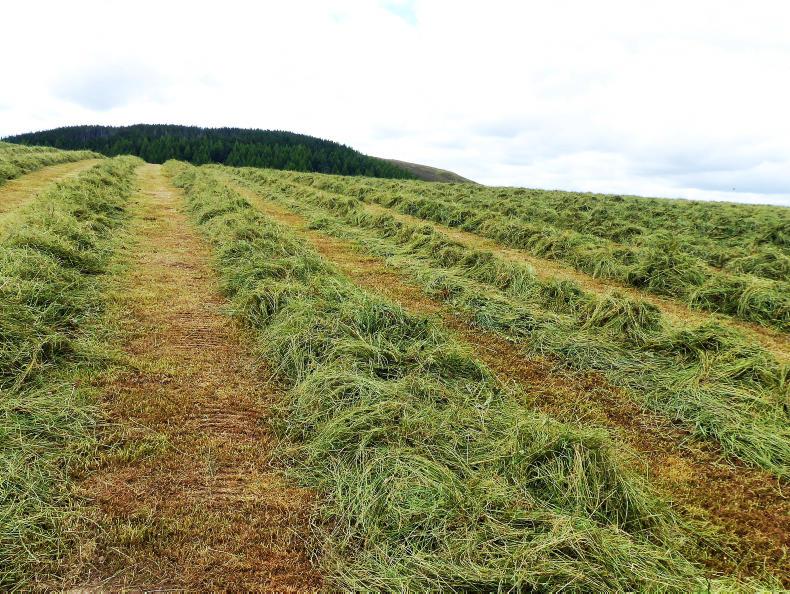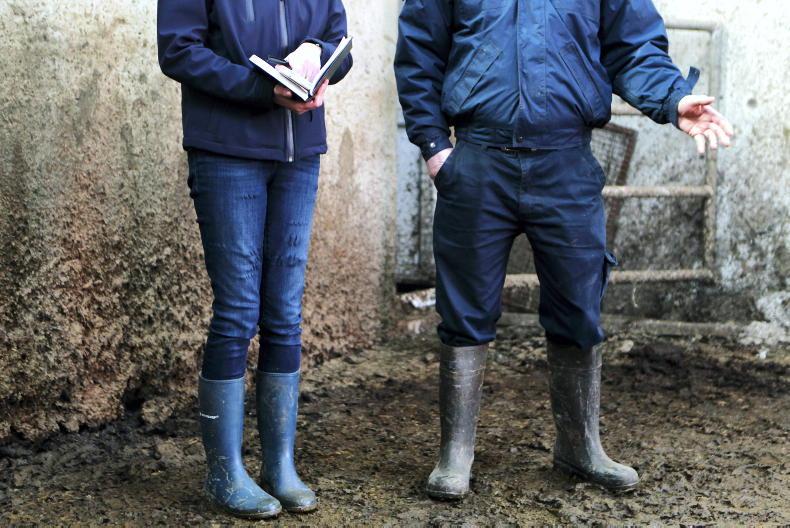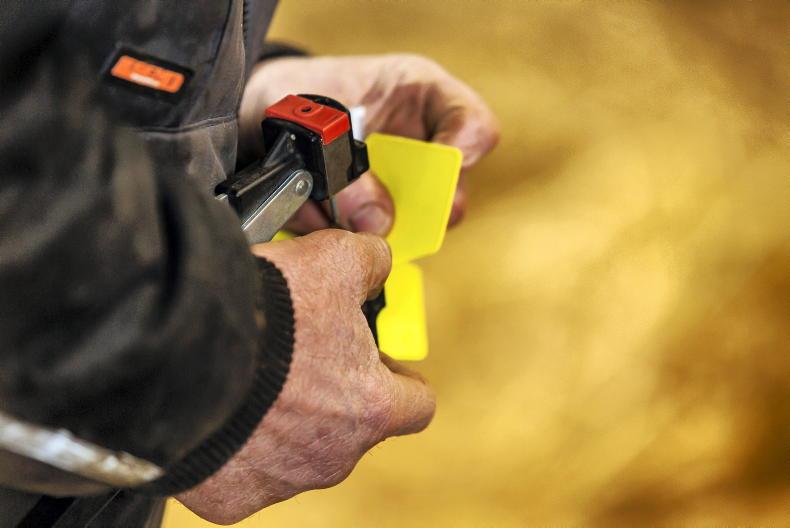An agriculture bill has been introduced by Defra Secretary of State Michael Gove at Westminster, which sets out government policy related to farm support after the UK leaves the EU.
The bill includes primary legislation, mainly for England. It will also provide powers for Wales, but does not apply to Scotland. However, with no government at Stormont, the bill does take in NI, at least until an NI Government is in place to bring forward our own proposals. There is also on-going discussion across all devolved administrations on what policies might be applied on a UK-wide basis.
The main proposals in the bill are for direct payments in England to be delinked from land and phased out over a seven-year period, starting in 2021, with a final payment made in 2027. For 2019 and 2020, payments will continue in much the same way as at present. After that, in 2021 a gradual reduction in payments is suggested, with payments up to £30,000 having a 5% cut applied in the first year. From £30,000 to £50,000 the cut is 10%, from £50,000 to £150,000 it is 20% and for payments over £150,000 a reduction of 25% is suggested in the first year.
During the transition period from 2021 to 2027, the principle of delinked payments kicks in. Assuming that payments are calculated according to what was received in previous years, it means farmers will continue to receive direct support (after cuts are applied), but the money will not be directly linked to hectares farmed.
It is also understood that government will look at the possibility of offering a one-off lump sum, which could be attractive for anyone looking to exit farming. What strings will be attached is unclear at this stage, and it is probably unthinkable that government would give a large landowner a massive lump sum of public money to go and spend as they like on luxury items, etc.
However, the main principle behind delinking payments is that it could potentially free up land to those who wish to expand their businesses, or young people who want to enter farming. While it would also release farmers from cross-compliance and land eligibility rules, it will not be a free-for-all. Defra is clear that alternative enforcement mechanisms will be introduced to ensure agricultural and environmental best practice.
During the transition period there is also a commitment from government to offer some time-limited initiatives to enable farmers to invest in equipment, technology and infrastructure to help them improve productivity and deliver public goods (environment-based outcomes).
Centrepiece
As direct payments are removed during the transition period, the funds released will allow new environmental land management contracts to be introduced. This is described as the “centrepiece” of the British government’s new approach, and designed to deliver the much-promised green Brexit.
Farmers will be paid for actions such as improving water quality, soil health, creating wildlife habitats, planting trees and hedges, restoring peatland and improving public access to the countryside.
Reaction
Missing from the bill is any significant reference to the role of farmers as food producers. That has drawn criticism from the president of the National Farmers’ Union, Minette Batters.
“A future agricultural policy that ignores food production will be damaging for farmers and the public alike. Farmers across the UK will be very concerned that the bill provides only a short-term commitment to improve their competitiveness,” she said.
Read more
UK only 60% self-sufficient in food
Cherry picking that would suit farmers
An agriculture bill has been introduced by Defra Secretary of State Michael Gove at Westminster, which sets out government policy related to farm support after the UK leaves the EU.
The bill includes primary legislation, mainly for England. It will also provide powers for Wales, but does not apply to Scotland. However, with no government at Stormont, the bill does take in NI, at least until an NI Government is in place to bring forward our own proposals. There is also on-going discussion across all devolved administrations on what policies might be applied on a UK-wide basis.
The main proposals in the bill are for direct payments in England to be delinked from land and phased out over a seven-year period, starting in 2021, with a final payment made in 2027. For 2019 and 2020, payments will continue in much the same way as at present. After that, in 2021 a gradual reduction in payments is suggested, with payments up to £30,000 having a 5% cut applied in the first year. From £30,000 to £50,000 the cut is 10%, from £50,000 to £150,000 it is 20% and for payments over £150,000 a reduction of 25% is suggested in the first year.
During the transition period from 2021 to 2027, the principle of delinked payments kicks in. Assuming that payments are calculated according to what was received in previous years, it means farmers will continue to receive direct support (after cuts are applied), but the money will not be directly linked to hectares farmed.
It is also understood that government will look at the possibility of offering a one-off lump sum, which could be attractive for anyone looking to exit farming. What strings will be attached is unclear at this stage, and it is probably unthinkable that government would give a large landowner a massive lump sum of public money to go and spend as they like on luxury items, etc.
However, the main principle behind delinking payments is that it could potentially free up land to those who wish to expand their businesses, or young people who want to enter farming. While it would also release farmers from cross-compliance and land eligibility rules, it will not be a free-for-all. Defra is clear that alternative enforcement mechanisms will be introduced to ensure agricultural and environmental best practice.
During the transition period there is also a commitment from government to offer some time-limited initiatives to enable farmers to invest in equipment, technology and infrastructure to help them improve productivity and deliver public goods (environment-based outcomes).
Centrepiece
As direct payments are removed during the transition period, the funds released will allow new environmental land management contracts to be introduced. This is described as the “centrepiece” of the British government’s new approach, and designed to deliver the much-promised green Brexit.
Farmers will be paid for actions such as improving water quality, soil health, creating wildlife habitats, planting trees and hedges, restoring peatland and improving public access to the countryside.
Reaction
Missing from the bill is any significant reference to the role of farmers as food producers. That has drawn criticism from the president of the National Farmers’ Union, Minette Batters.
“A future agricultural policy that ignores food production will be damaging for farmers and the public alike. Farmers across the UK will be very concerned that the bill provides only a short-term commitment to improve their competitiveness,” she said.
Read more
UK only 60% self-sufficient in food
Cherry picking that would suit farmers









SHARING OPTIONS